
Industrial Economics?
Industrial Economics is the study of firms, industries, manufacturing factories and markets. It looks at firms of all sizes – from local corner shops to multinational giants such as WalMart or Tesco. And it considers a whole range of industries, such as electricity generation, car production, and restaurants.


What do industrial economists do?
Industrial/Organizational Economists study the market structure of particular industries in terms of the number of competitors, and the market decisions of competitive firms and monopolies. These economists may also be concerned with antitrust policy and its impact on market structure.
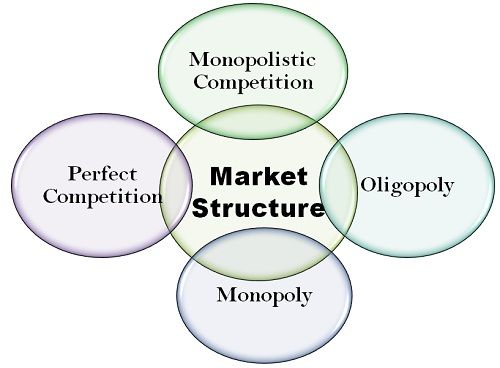
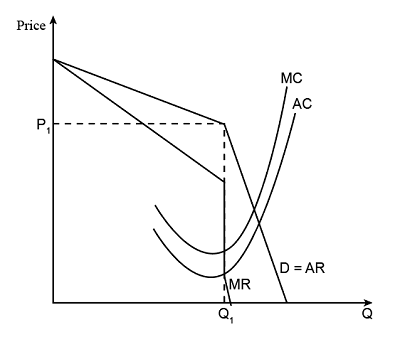
What is the objective of industrial economics?
Objectives – The following are the important objectives of industrial economics: to achieve the assigned target for the development of industries. to provide information about sources of nature, climate for the industrial growth, supplies for production etc.
What can you do with an industrial economics degree?
Jobs directly related to your degree include:
-
Actuarial analyst.
-
Chartered accountant.
-
Compliance officer.
-
Data analyst.
-
Economist.
-
External auditor.
-
Financial risk analyst.
-
Investment analyst.
What is the difference between economics and industrial economics?
Industrial economics is a distinctive branch of economics, which deals with the economic problems of firms and industries, and their relationships with a society. Some economists would regard industrial economics as being primarily an elaboration of, and development from, the traditional theory of the firm.
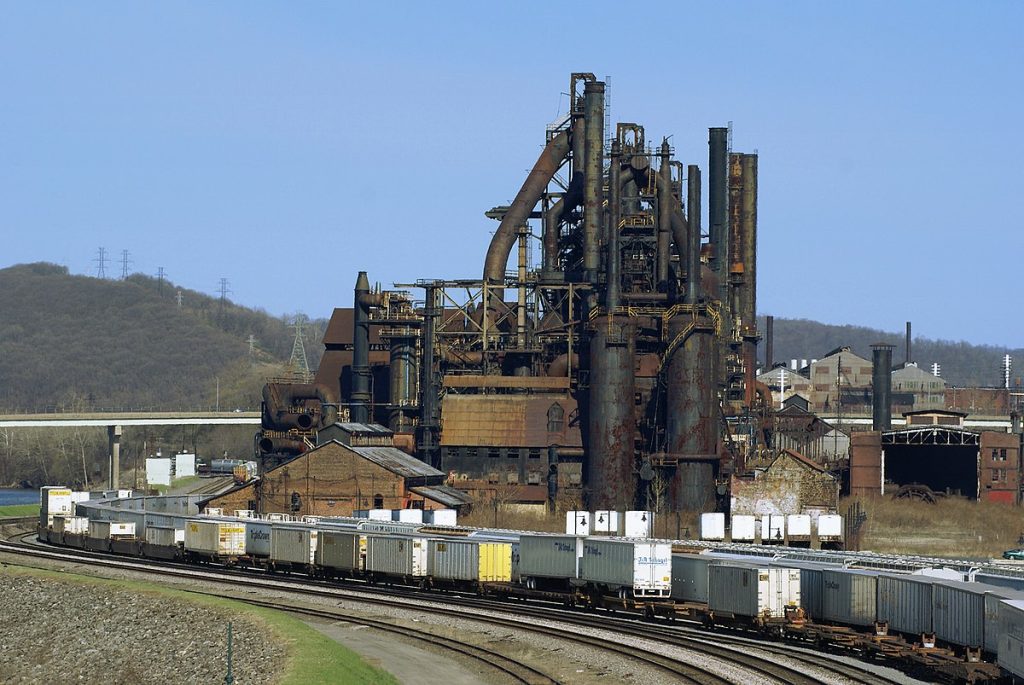
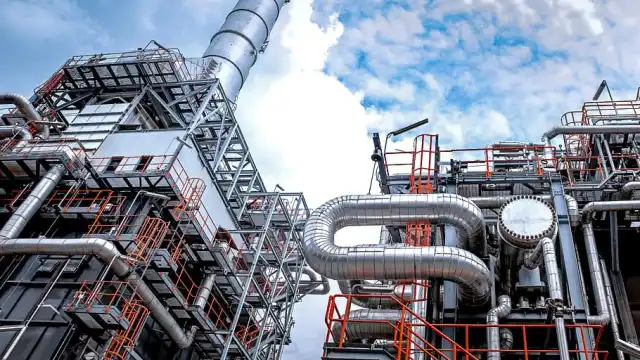
What is the advantage of industrial economics?
The main advantage comes from the fact that industrialization gives us more goods that can be bought at affordable prices. When an economy industrializes, things are made more rapidly and in higher quantity. This means prices can go down and a lot of other goods can be made.
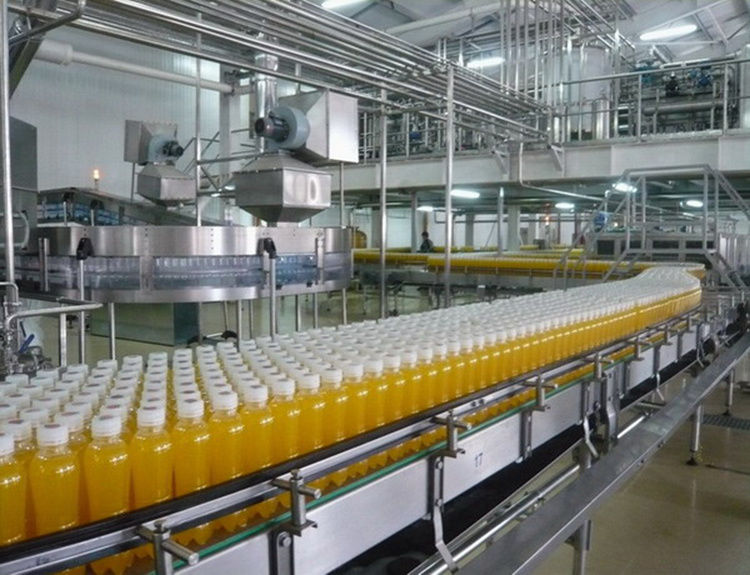

Book one Study tour below
(1) 21 days Study tour Uganda
(2) 21 days study tour southern Africa








